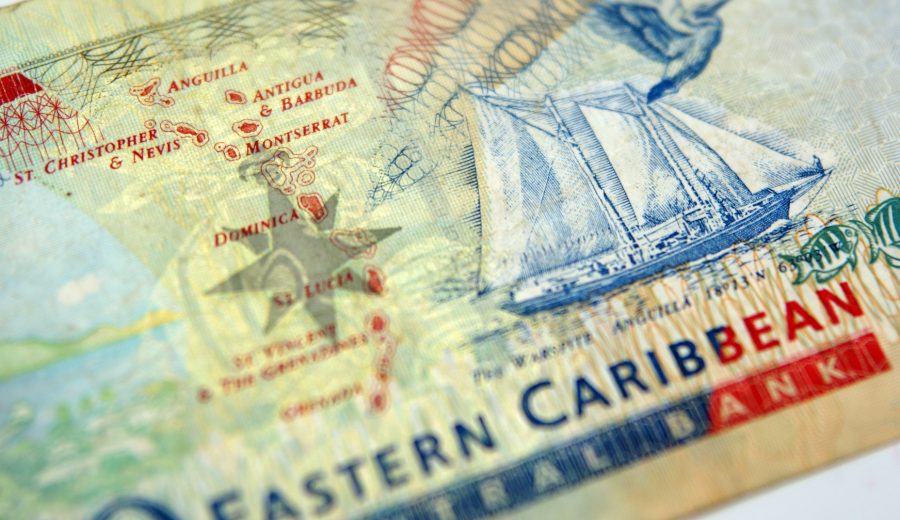The Eastern Caribbean Central Bank (ECCB) to issue world’s first digital currency, ie digital version of the EC dollar (DXCD) powered by Blockchain.
The Digital EC Dollar be the world’s first digital legal tender currency to be issued by a central bank on blockchain. This project will involve a securely minted and issued digital version of the EC dollar (DXCD).
The Digital EC dollar will be distributed and used by Licensed Financial Institutions and Non-Bank Financial Institutions in the ECCU. The DXCD will be used for financial transactions between consumers and merchants, including peer-to-peer transactions, all using smart devices.
The pilot is part of the ECCB’s Strategic Plan 2017-2021 which aims to help reduce cash usage within the ECCU by 50 per cent, promote greater financial sector stability, and expedite the growth and development of our member countries.
“It would be a game-changer for the way we do business”, said the Governor of ECCB
The Eastern Caribbean Central Bank (ECCB) and the Barbados-based fintech company, Bitt Inc. (Bitt) have signed a contract to conduct a blockchain-issued Central Bank Digital Currency (CBDC) pilot within the Eastern Caribbean Currency Union (ECCU). The watershed contract was signed on 21 February at the ECCB’s Headquarters in Basseterre, St Kitts and Nevis.
Since the new digital currency is a legal tender, it can be expected the new currency to be used for commercial transactions in real estate, including for CBI schemes within the eight ECCU countries.
The introduction of digital currency is a significant step by ECCB towards the electronic and digital transactions. The use of digital currency will greatly boost the real estate and other sectors including tourism reducing the cash transactions.
CBI schemes currently run in five ECCU member states and have contributed significantly to housing, reducing debt and sustainable development of these countries.
The ECCB is the Monetary Authority for: Anguilla, Antigua and Barbuda, Commonwealth of Dominica, Grenada, Montserrat, St Kitts and Nevis, Saint Lucia and St Vincent and the Grenadines.
Read more here





